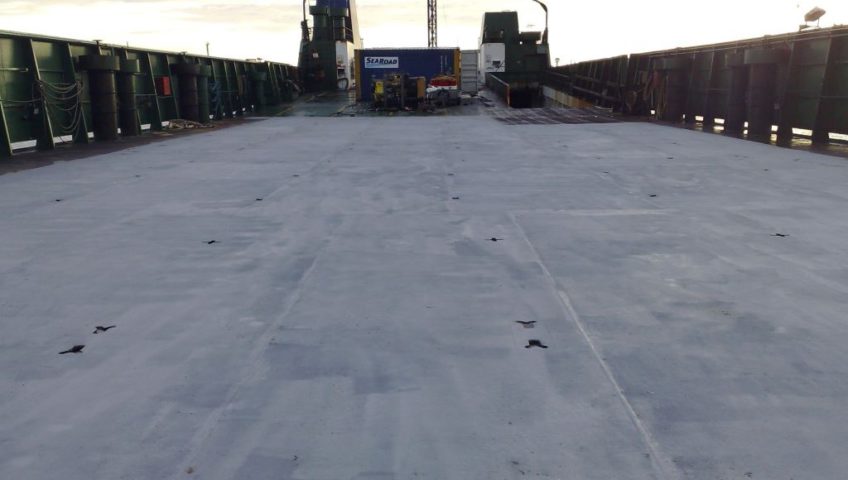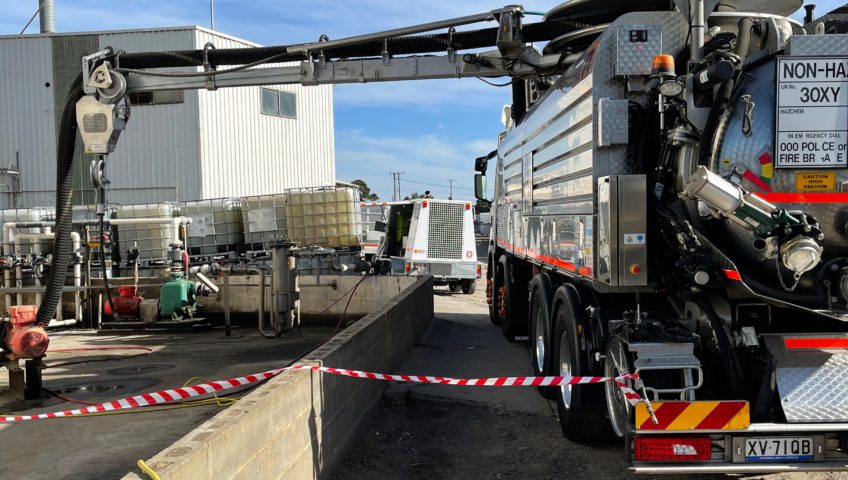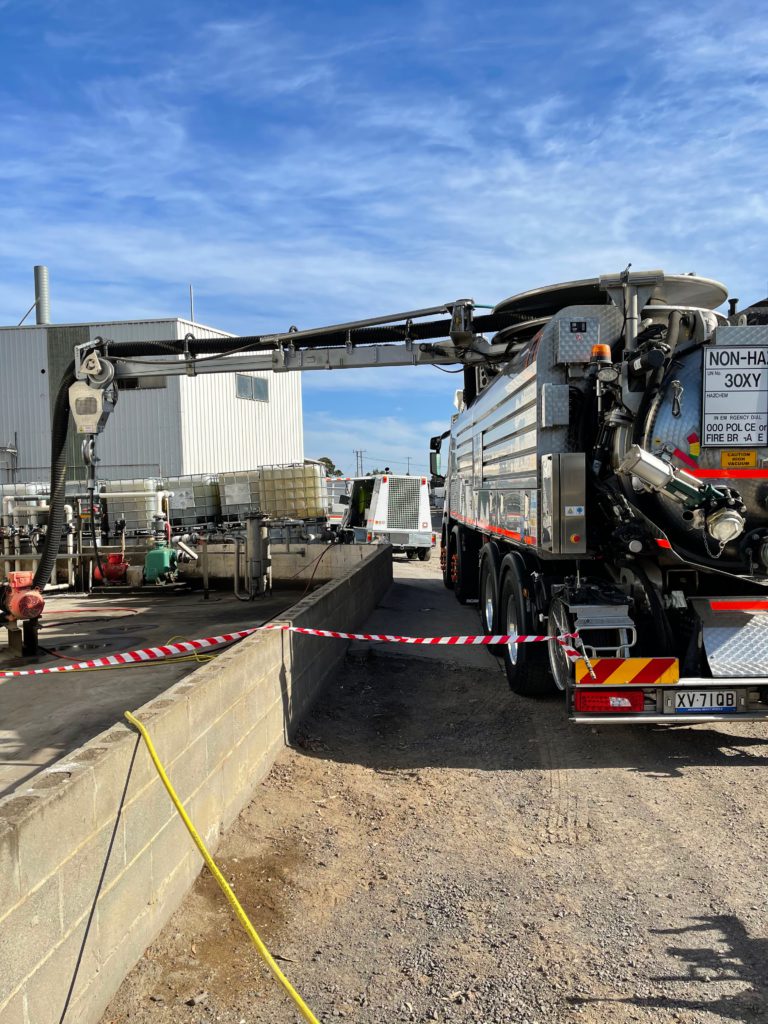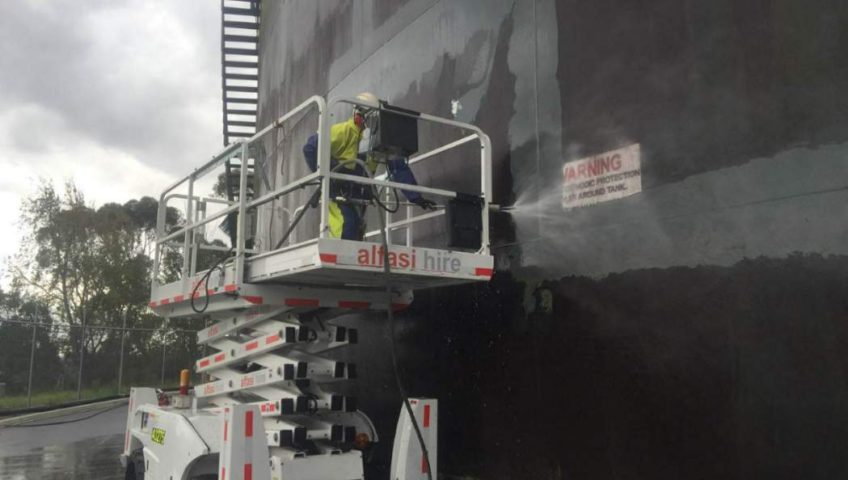
Understanding Industrial Coatings: Types, Applications, and Benefits
Industrial coatings play a crucial role in protecting surfaces in various industries from corrosion, abrasion, chemicals, and other environmental factors. In this article, we will delve into the different types of industrial coatings, their applications, and the benefits they offer, emphasizing Aquapower Industrial Services’ expertise in surface protection.
Importance of Industrial Coatings
Industrial coatings are essential for preserving the integrity of surfaces and structures in harsh environments. They provide a protective barrier that extends the lifespan of equipment, infrastructure, and assets, ultimately saving costs associated with repair and replacement.
Types of Industrial Coatings
Epoxy Coatings:
Epoxy coatings are known for their excellent adhesion, chemical resistance, and durability. They are commonly used on industrial floors, tanks, pipelines, and structural steel. Epoxy coatings create a seamless and durable surface that withstands heavy traffic and exposure to chemicals, making them ideal for manufacturing facilities, warehouses, and chemical plants.
Polyurethane Coatings:
Polyurethane coatings offer UV resistance, flexibility, and a high gloss finish. They are often applied to machinery, equipment, automotive parts, and outdoor structures. Polyurethane coatings provide long-lasting protection against weathering, abrasion, and corrosion, making them suitable for applications where aesthetics and durability are essential, such as automotive coatings, architectural finishes, and outdoor furniture.
Zinc Coatings:
Zinc coatings, including hot-dip galvanizing and zinc-rich primers, provide corrosion protection and sacrificial coating for structural steel, bridges, pipelines, and marine environments. Hot-dip galvanizing involves immersing steel components in molten zinc, creating a durable and corrosion-resistant coating that can last for decades in harsh environments. Zinc-rich primers provide an extra layer of protection against corrosion for steel structures exposed to atmospheric conditions and corrosive environments.
Polyester Coatings:
Polyester coatings offer weather resistance, colour retention, and affordability. They are used in architectural metal, appliances, and automotive components. Polyester coatings provide a decorative and protective finish that withstands exposure to UV radiation, moisture, and chemicals, making them ideal for exterior applications such as building facades, signage, and automotive body panels.
Ceramic Coatings:
Ceramic coatings provide heat resistance, abrasion resistance, and thermal insulation, making them suitable for high-temperature environments, exhaust systems, and turbine blades. Ceramic coatings bond tightly to metal surfaces, creating a durable and protective barrier that withstands extreme heat and mechanical stress. They are used in industries such as aerospace, automotive, and power generation to improve performance and prolong component life.
Applications of Industrial Coatings
Infrastructure Protection:
Industrial coatings protect bridges, pipelines, water tanks, and other infrastructure from corrosion and degradation, ensuring the longevity of critical assets and reducing maintenance costs. By applying corrosion-resistant coatings, infrastructure owners can extend the service life of their assets and avoid costly repairs and replacements.
Manufacturing and Machinery:
In manufacturing environments, industrial coatings protect machinery, equipment, and parts from wear and tear, enhancing productivity and efficiency. By applying protective coatings to metal surfaces, manufacturers can prevent corrosion, abrasion, and chemical damage, ensuring reliable performance and minimizing downtime.
Marine and Offshore:
Corrosion-resistant coatings are essential for ships, offshore platforms, and marine structures to withstand harsh marine conditions and extend service life. Marine coatings protect metal surfaces from saltwater corrosion, biofouling, and mechanical damage, ensuring the safety and reliability of marine assets in challenging environments.
Automotive and Aerospace:
Industrial coatings are used in automotive manufacturing and aerospace applications for corrosion protection and aesthetic enhancement. Automotive coatings protect vehicle body panels from rust and corrosion, while aerospace coatings provide thermal insulation and protection against high-speed airflow. By applying advanced coatings, automotive and aerospace manufacturers can improve the durability, performance, and appearance of their products.
Benefits of Industrial Coatings
Corrosion Protection:
Industrial coatings create a barrier against corrosion, preventing degradation and extending the lifespan of assets, reducing maintenance costs. By applying corrosion-resistant coatings, companies can protect their investments and ensure the reliability of critical infrastructure and equipment.
Chemical Resistance:
Chemical-resistant coatings protect surfaces from acids, alkalis, and other corrosive substances, maintaining structural integrity in chemical processing plants and other industrial settings. By choosing coatings that are resistant to specific chemicals, companies can prevent damage and ensure the safety of their employees and the environment.
Enhanced Aesthetics:
Industrial coatings improve the appearance of surfaces with decorative finishes and colour options, enhancing brand image and customer perception. By applying coatings that are both functional and visually appealing, companies can create a positive impression and differentiate their products in the marketplace.
Durability and Longevity:
With their durability and longevity benefits, industrial coatings reduce the need for frequent recoating and maintenance, providing long-term protection for assets and infrastructure. By investing in high-quality coatings, companies can minimize lifecycle costs and maximize the performance and lifespan of their investments.
Aquapower Industrial Services’ Expertise in Surface Preparation
Aquapower Industrial Services specializes in providing high-quality surface preparation services for various applications. With our expertise and commitment to quality and efficiency, we have successfully prepared surfaces in diverse industries, including infrastructure, manufacturing, marine, automotive, and aerospace. Our experienced team works closely with clients to understand their specific needs and deliver tailored solutions that meet their requirements and exceed their expectations.
Aquapower Industrial Services offers a comprehensive range of surface preparation solutions tailored to meet the unique needs of our clients.
Contact us today to learn more about how we can prepare your surfaces for optimal protection and performance.

 Aquapower Industrial Services’ Vacuum Loading Services
Aquapower Industrial Services’ Vacuum Loading Services